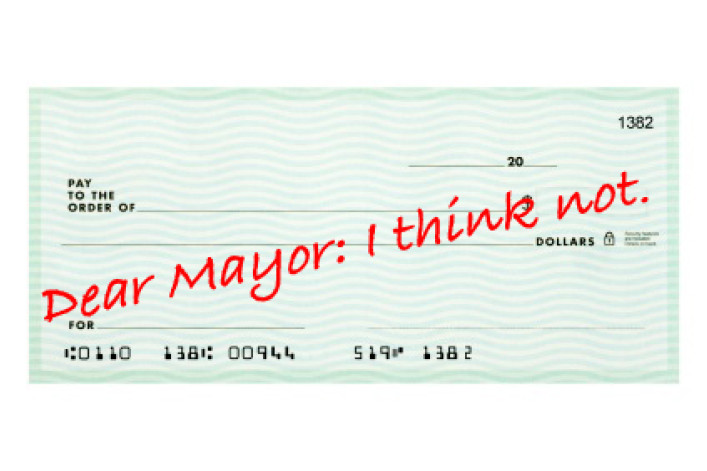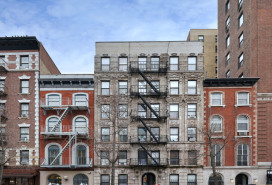Reality check needed on city Energy Audit bill

Post-traumatic assessment disorder is what we suffer each time we hear the words “Local Law 11.”
The every-five-year façade maintenance required by the city commonly costs hundreds of thousands of dollars per apartment building to perform. The cause is worthy; the price tag punishing.
We feel the same way about the Energy Audit bill that is perilously close to becoming law.
A part of the city’s ambitious 2030 PlaNYC for an environmentally sustainable city, the bill would require co-op and condo buildings over 50,000 square feet to perform an energy audit once every 10 years—and implement all recommendations that would pay off within seven years.
Fifty-thousand square feet roughly equals a building of about 40-60 units, says Mary Ann Rothman, the executive director of the Council of New York Cooperatives and Condominiums. Rothman was among many alarmed commercial and residential real estate representatives who protested against the bill at a June 26th City Council hearing.
She says the energy audits alone will likely costs tens of thousand of dollars for a 50-unit-building. And the mandated improvements—things like replacing windows, adding insulation, greening roofs--could approach the Local Law 11 burden.
“It’s well intentioned but there couldn’t be a more wrong time for this,” says Rothman. In addition to soaring property taxes suffering a schizoid break with reality, “the housing market is down, people who were lucky enough not to lose their jobs almost certainly didn’t get their raises or bonuses, and people are hanging on tooth and nail. And what if your building is full of octogenarians on fixed incomes without a nickel to spare?”
Rothman and others are calling for an incentive system to replace the mandatory fixes.
“Basically what the city council is trying to do is force condos and co-ops to spend money in ways that may not be economically beneficial or affordable to people who live there,” says Marc Luxemburg, the president of the coop and condo council.
Although many expect the lawmakers will reduce the seven-year-payback provision to five (meaning buildings would only be forced to fund improvements that would pay off in five years), Luxemburg is not alone in calling the estimates flawed.
“You’re not going to earn it back in five years. It’s unrealistic –you don’t know whether you’re going to live up to the estimates or not,” he says.
So far, another hearing has not been scheduled; Rothman says the city council seemed surprised at the strong opposition to the bill.
In the meantime, she urges, “Write to your city council members and tell them there’s everything right with energy conservation, but imposing costs on people won’t work very well at this time—incentives work better than mandates. Also, boards should work on preserving their right to manage their building as they wish and select which improvements make sense for their situation.”
We’re with Rothman. Tell your city council rep how you feel about Energy Audit Bill #967 in just two clicks, starting here.






















